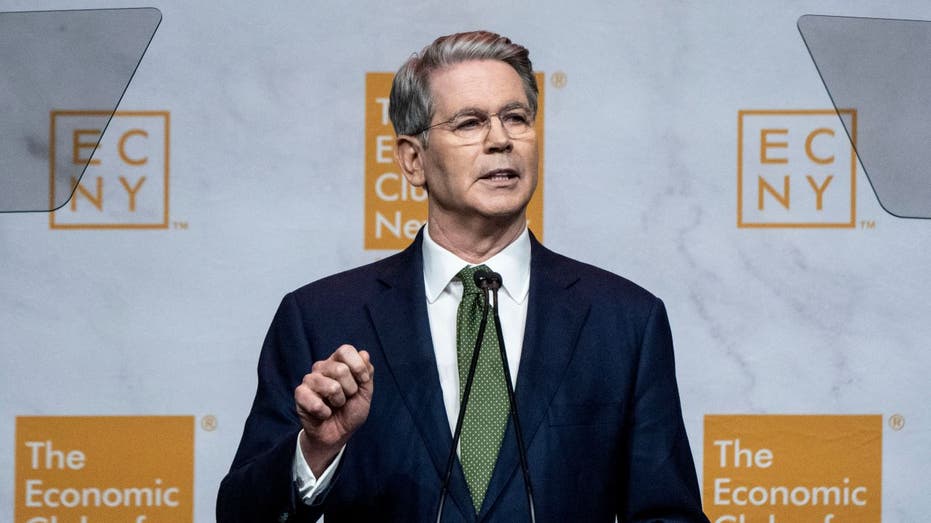Treasury Secretary Scott Bessent on Wednesday said that there’s an opportunity for a “big deal” with China to lower tariffs if Beijing is willing to take steps to rebalance its economy.
Bessent delivered keynote remarks at the Institute of International Finance (IIF) and participated in a question-and-answer session in which he said the U.S. and China could make a deal on tariffs if China is willing to adjust its economy toward more consumption and less of a reliance on manufacturing exports.
“There is an opportunity for a big deal here,” Bessent said. “The U.S. is looking to rebalance to more manufacturing. The identity of that would be less consumption.”
“If China is serious on less dependence on export-led manufacturing growth and a rebalancing toward a domestic economy – I think they use the term dual circulation, well, right now it’s really singular circulation. And if they want to rebalance, let’s do it together. This is an incredible opportunity,” Bessent said.
During his keynote address, Bessent outlined why the Trump administration believes China’s economic system needs to be rebalanced.
“Recent data shows the Chinese economy tilting even further away from consumption toward manufacturing. China’s economic system, with growth driven by manufacturing exports, will continue to create even more serious imbalances with its trading partners if the status quo is allowed to continue,” he said.
“China’s current economic model is built on exporting its way out of its economic troubles. It’s an unsustainable model that is not only harming China, but the entire world,” Bessent explained. “China needs to change. The country knows it needs to change. Everyone knows it needs to change, and we want to help it change, because we need rebalancing too.”

The treasury secretary said that if China pivots its economy to focus more on domestic consumption, it would help the international economic system adjust to a more stable equilibrium.
“China can start by moving its economy away from export overcapacity and towards supporting its own consumers and domestic demand,” Bessent explained. “Such a shift would help with global rebalancing that the world desperately needs.”
This is a developing story. Please check back for updates.
Read the full article here











